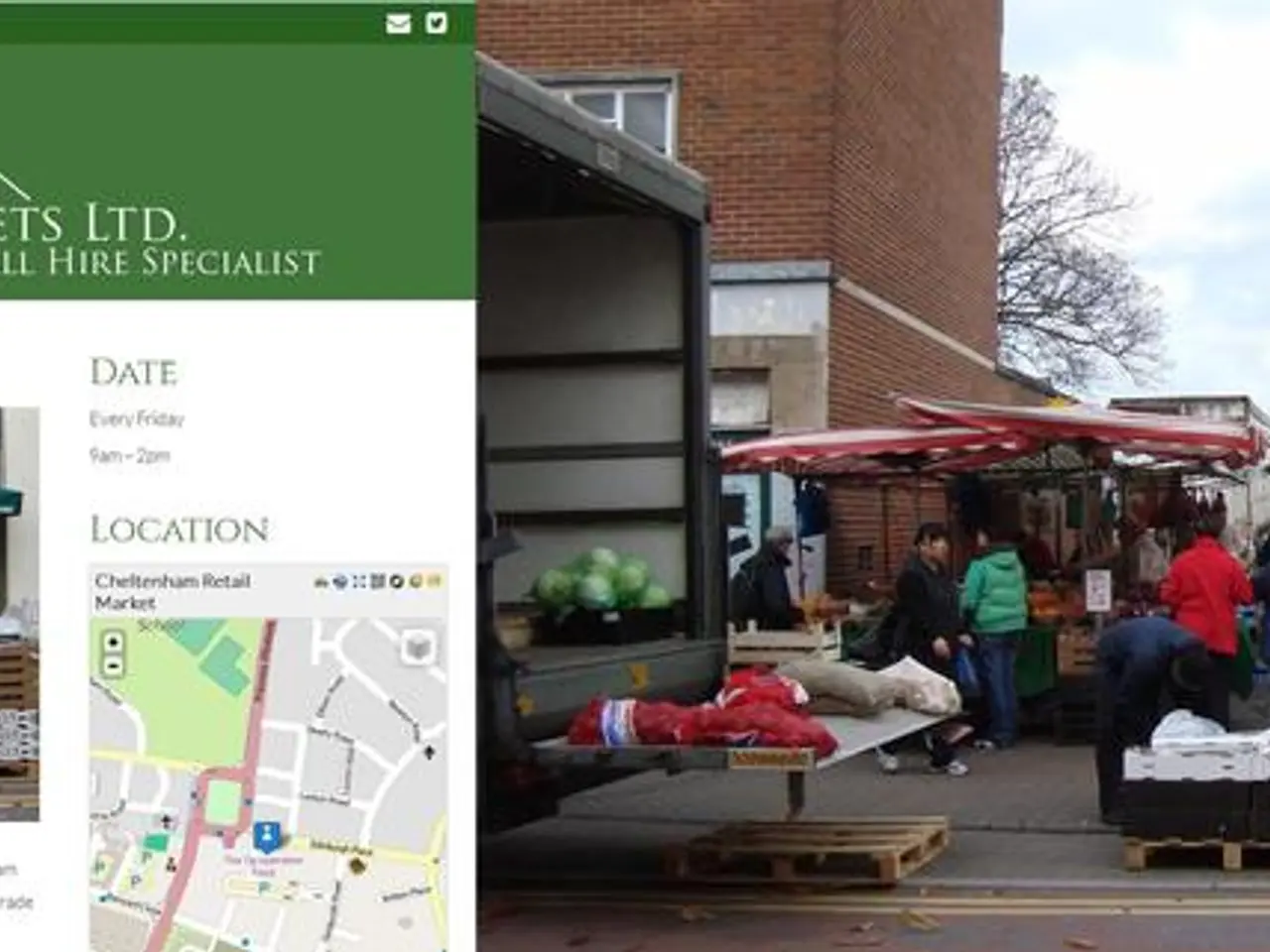Google's Bard Challenges ChatGPT: Could it Reshape the Search Landscape?
Google's AI-powered chatbot, initially known as Bard and now evolved into Gemini, is making waves in the world of search engines. Launched in early 2023, Gemini is now integrated into Google Search, aiming to revolutionize the way we interact with information [1][5].
Based on Google's LaMDA model, Gemini has been undergoing continuous development, with the latest large language model-based chatbot, Gemini, being released just days before July 29, 2025 [1]. Unlike ChatGPT, Gemini functions as a "collaborative AI service" within Google's ecosystem, aiming to complement rather than replace traditional search results.
Google's swift launch of Bard was a strategic move to pre-empt Microsoft's integration of ChatGPT into Bing, marking an AI arms race between these tech giants [1]. While Google handles over 14 billion daily search queries, analysts note that its share of traditional search is subtly eroding, with ChatGPT handling roughly 7-20% of queries that would otherwise be done on Google [2].
ChatGPT has gained significant popularity, particularly among younger users (Gen Z), due to its conversational, single-answer experience. About 28% of Gen Z and 25% of all users in the U.S. reportedly start searches on ChatGPT first, and 30% trust ChatGPT more than traditional search engines [3]. ChatGPT now integrates direct web browsing for up-to-date information, enhancing its real-time utility [3].
Other competitors like Perplexity AI and You.com are also innovating in this space, offering cited answers and customizable AI search services. Google Gemini's positioning is to maintain Google's dominance by combining generative AI with its vast search infrastructure [3].
However, Gemini faces increasing pressure from ChatGPT and other AI-native tools that are changing user search behaviors. The future of search is moving towards more conversational, context-aware AI tools, challenging Google's dominance [3].
For those interested in learning more about the developments in AI and search engines, the Google AI Blog can be found at https://ai.googleblog.com/. OpenAI, the developer of ChatGPT, can be found at https://openai.com/. For a broader perspective on technology trends, the MIT Technology Review can be found at https://www.technologyreview.com/.
It's important to note that while AI-powered search tools like Gemini and ChatGPT offer numerous benefits, they may occasionally generate inaccurate or biased information due to being AI chatbots [1]. Users are advised to verify the information provided and consider multiple sources for a comprehensive understanding.
[1] [TechCrunch] (https://techcrunch.com/) [2] [MIT Technology Review] (https://www.technologyreview.com/) [3] [The Information] (https://www.theinformation.com/) [5] [Google AI Blog] (https://ai.googleblog.com/)
- The future of technology is anticipated to be dominated by generative AI, as demonstrated by the release of Google's Gemini, an AI-powered chatbot integrated into Google Search.
- Developers at Google are working to maintain the company's dominance in the search engine market by combining generative AI technology with its vast search infrastructure, aiming to create a more conversational and context-aware search experience.
- As AI continues to evolve, insights from AI-powered search tools like Google's Gemini and ChatGPT can provide invaluable perspectives for those interested in staying updated on the latest developments in the technology industry.




